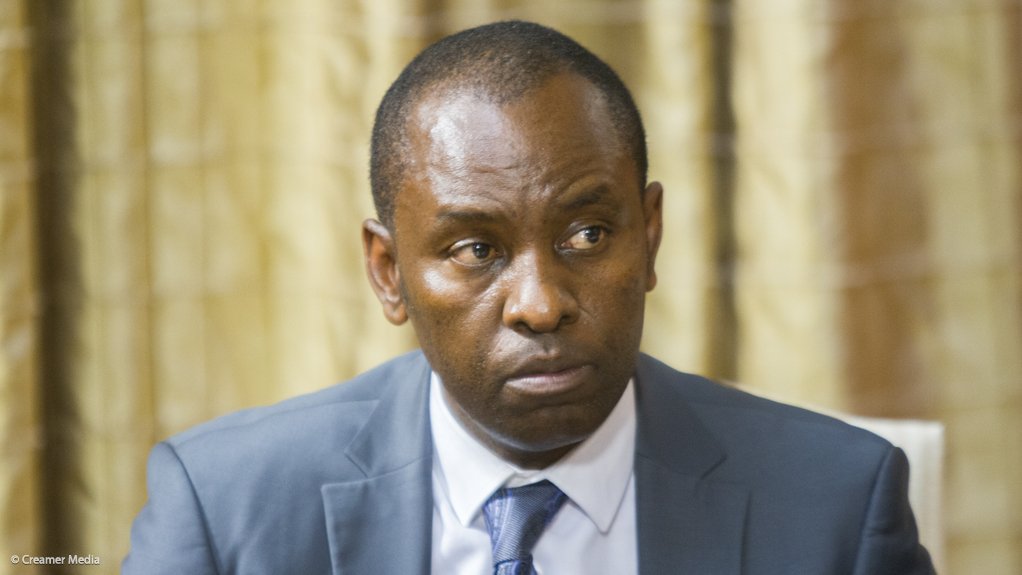Mineral resources minister Mosebenzi Zwane on Friday defended the controversial Reviewed Mining Charter, saying that it was his firm belief that the Charter would give “practical expression to the meaning of radical economic transformation”.
Speaking at the Black Business Council business breakfast in Johannesburg, Zwane said the economy must undergo a fundamental change in order for the majority of South Africans to meaningfully participate.
“The Charter brings about the much-sought policy certainty that the investment community and the mining industry have been requesting from government since the review of the Charter began. The targets and timelines are clear and we believe they are realistic and achievable,” Zwane said.
“It is a decisive and deliberate action by the government to reverse the sustained negative impact of apartheid policies on the people and economy of South Africa.”
The Charter, which was gazetted in June, sets new black ownership targets for the industry, including that new mining rights holders have 30 percent black ownership shared among employees, communities and black entrepreneurs.
Mining rights holders who have complied with the previous target of 26 percent have to “top up” to 30 percent within 12 months. Those applying for prospecting rights would be required to have a “minimum of 50 percent plus one black person shareholding”.
The Charter further requires that black person’s shareholding must vest within a maximum period of 10 years.
However, the mining industry represented by the Chamber of Mines has not reacted positively to the Charter, taking the matter to court to interdict its implementation.
Zwane said there was a need to accelerate growth and intensify the programme of economic transformation, adding that government would continue to strengthen the laws regulating mining and mineral resources and ensure that some are developed for the benefit of the people.
“The objective to transform the structure of the South African economy from one that is dependent on raw mineral exports, towards a producer of high-value goods, through beneficiation, remains a key component of our radical economic transformation agenda, as it will provide opportunities for further industrialisation, employment, technological advancement, skills development, foreign currency earnings and entrepreneurship,” Zwane said.
“Our objective of sustainable economic growth and development requires all hands on deck from all sectors of society.”
EMAIL THIS ARTICLE SAVE THIS ARTICLE
To subscribe email subscriptions@creamermedia.co.za or click here
To advertise email advertising@creamermedia.co.za or click here











